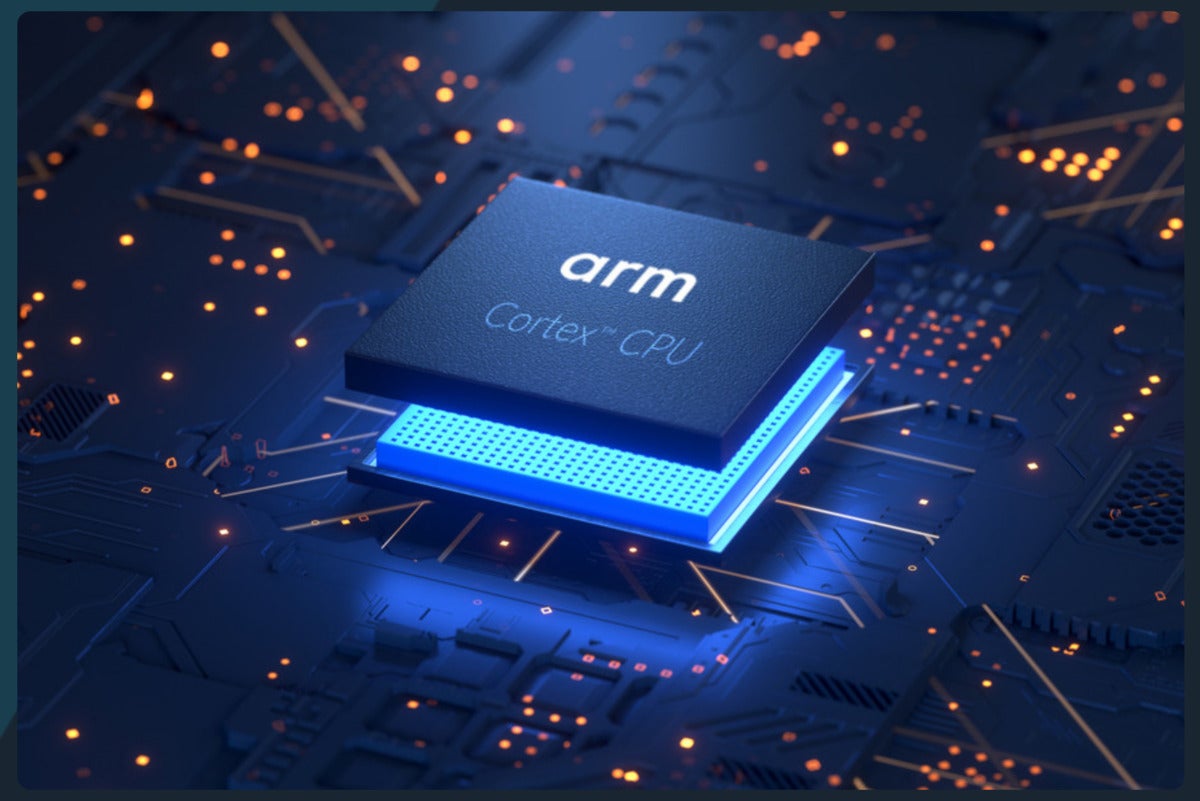- Apple doesn't need better AI as much as AI needs Apple to bring its A-game
- I tested a Pixel Tablet without any Google apps, and it's more private than even my iPad
- My search for the best MacBook docking station is over. This one can power it all
- This $500 Motorola proves you don't need to spend more on flagship phones
- Finally, budget wireless earbuds that I wouldn't mind putting my AirPods away for
Arm lawsuit threatens Qualcomm chips developed by its Nuvia subsidiary.

Arm Holdings has filed suit against tech giant Qualcomm and its Nuvia subsidiary breach of license agreements and trademark infringement.
The move comes just days after word broke that Qualcomm was looking to re-enter the server market, and take a swing at the client/desktop market as well. Qualcomm bought Nuvia, founded by ex-Apple SoC designers, for $1.4 billion last year.
In the complaint filed Wednesday in U.S. District Court in Delaware, Arm seeks unspecified punitive damages, attorneys’ fees, and an order prohibiting the use of Arm’s trademarked technology, as well as contractual obligation to “destroy” certain Nuvia designs.
“Because Qualcomm attempted to transfer Nuvia licenses without Arm’s consent, which is a standard restriction under Arm’s license agreements, Nuvia’s licenses terminated in March 2022. Before and after that date, Arm made multiple good faith efforts to seek a resolution. In contrast, Qualcomm has breached the terms of the Arm license agreement by continuing development under the terminated licenses. Arm was left with no choice other than to bring this claim against Qualcomm and Nuvia to protect our IP, our business, and to ensure customers are able to access valid Arm-based products,” Arm said in a statement.
Qualcomm responded with a statement of its own.
“Arm’s lawsuit marks an unfortunate departure from its longstanding, successful relationship with Qualcomm. Arm has no right, contractual or otherwise, to attempt to interfere with Qualcomm’s or Nuvia’s innovations. Arm’s complaint ignores the fact that Qualcomm has broad, well-established license rights covering its custom-designed CPUs, and we are confident those rights will be affirmed,” the company said.
Arm doesn’t make chips, it designs them and licenses its IP. The bulk of licensees use Arm-designed cores, known under the Cortex brand, but a few, like Qualcomm and Nuvia, hold an Architecture License Agreement (ALA), the highest tier of Arm licensing. That lets them design Arm cores from scratch rather than use an Arm design.
“As far as I can tell, and I talked to both companies, it boils down to being a contractual business disagreement that spilled out into the public,” said Bob O’Donnell, president and chief analyst of TECHnalysis Research.
With so much of Qualcomm’s desktop and server depending on the Nuvia tech, Qualcomm “needs to settle this and do it quickly,” O’Donnell added.
Copyright © 2022 IDG Communications, Inc.

